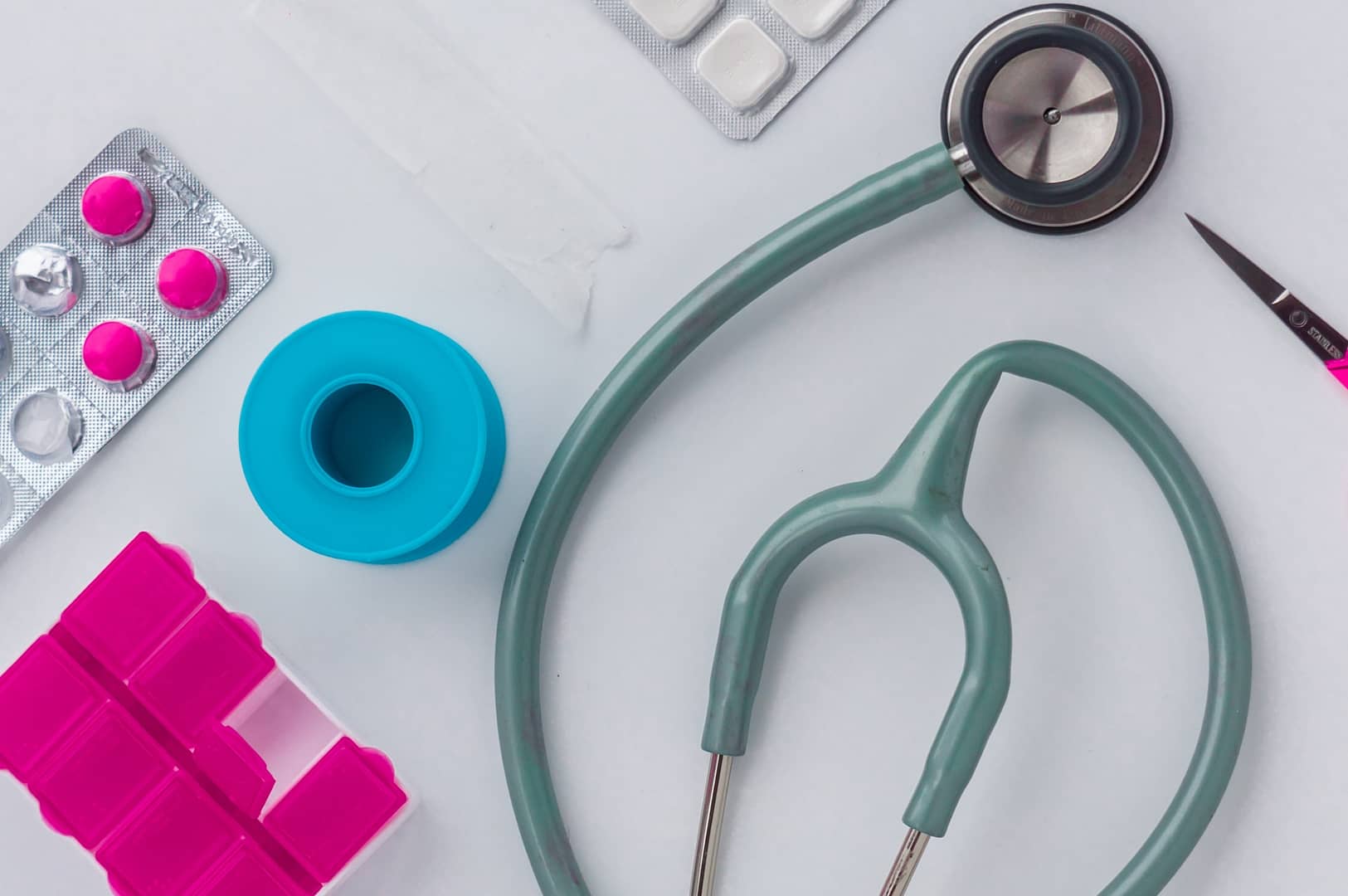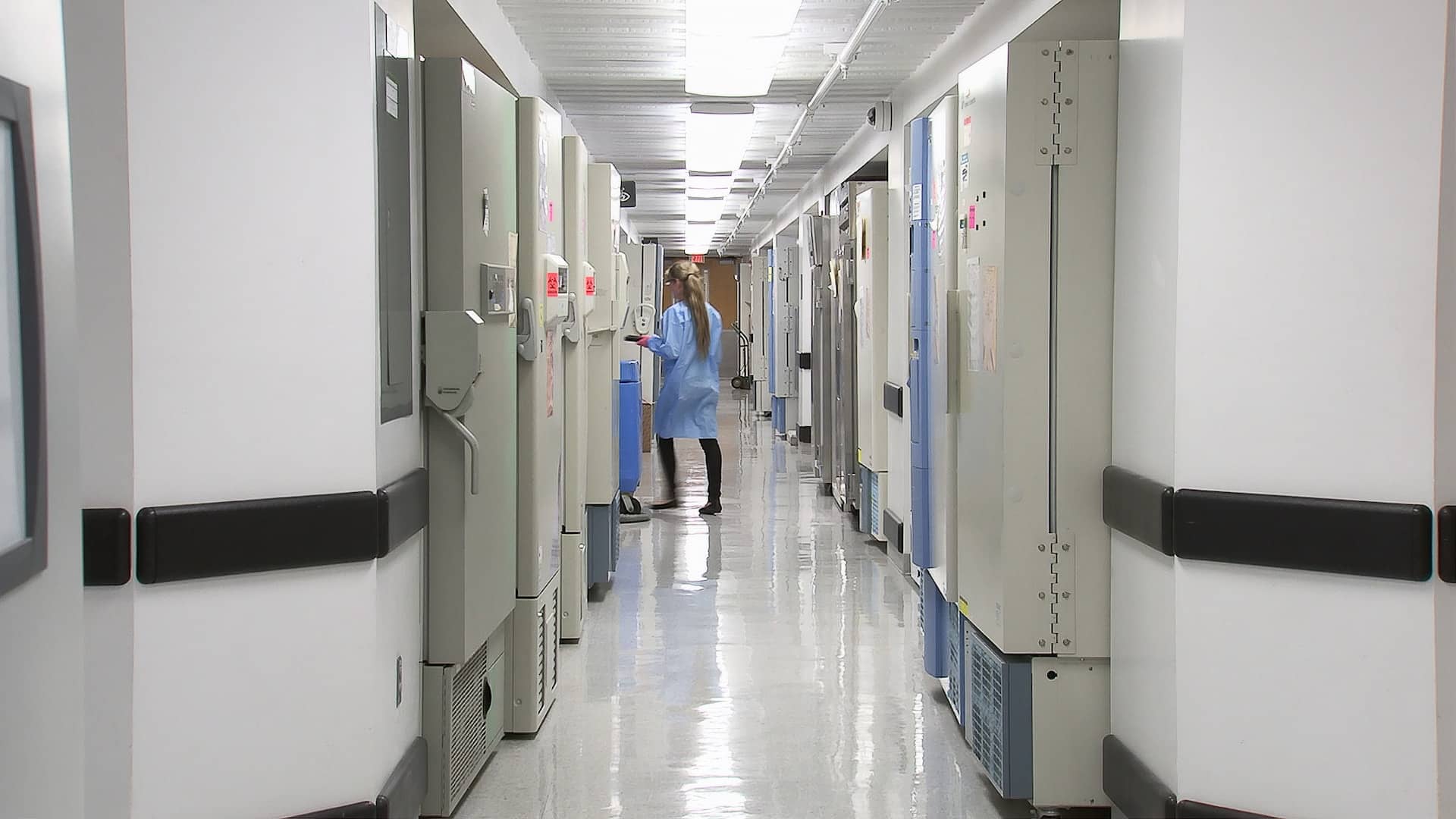In the United Kingdom, preventing clinical negligence is a paramount concern for both healthcare providers and patients alike. Clinical negligence, often referred to as medical malpractice, occurs when healthcare professionals fail to meet the standard of care expected in their field, resulting in harm to patients. This article delves into what constitutes clinical negligence in the UK and explores the training healthcare professionals undergo to minimise the occurrence of such incidents.
What Constitutes Clinical Negligence in the UK
Clinical negligence is a legal term that encompasses a wide range of medical errors, from misdiagnoses to surgical mistakes. To comprehend how to prevent it, we first need to understand what it entails. In the UK, clinical negligence typically involves the following key elements:
Duty of Care: Healthcare professionals, such as doctors, nurses, and surgeons, owe their patients a duty of care. This duty implies a legal obligation to provide treatment that meets accepted medical standards.
Breach of Duty: Clinical negligence occurs when a healthcare provider breaches their duty of care by failing to provide treatment that meets recognised standards. This could involve making mistakes, neglecting proper procedures, or not providing the necessary information for informed consent.
Causation: The breach of duty must directly cause harm to the patient. Establishing a direct link between the healthcare provider’s actions and the patient’s injury is essential.
Harm: For a claim of clinical negligence to be valid, there must be harm or injury to the patient. Mere dissatisfaction with the treatment, without evidence of harm, does not typically constitute clinical negligence.
Foreseeability: In some cases, the harm suffered must have been foreseeable, meaning that a reasonable healthcare provider should have anticipated the potential risks.
To prevent clinical negligence in the UK, healthcare providers must focus on these elements, ensuring that they uphold the duty of care and deliver safe and effective treatment to their patients.
Healthcare Training in the UK to Prevent Clinical Negligence
Preventing clinical negligence begins with a robust system of education and training for healthcare professionals. The UK has a comprehensive framework in place to ensure that medical practitioners are well-prepared to deliver care that minimises the risk of clinical negligence.
Medical Education and Licensing
Medical professionals in the UK go through a rigorous and standardised educational system. They must complete a medical degree from a recognised institution, which typically spans five to six years. Upon graduation, they enter the Foundation Programme, a two-year period of supervised practice in hospitals and clinical settings.
Once they have successfully completed the Foundation Programme, doctors are eligible to apply for full registration with the General Medical Council (GMC). The GMC is the regulatory body that oversees medical practitioners in the UK. It sets and upholds the standards for medical education, practice, and ethics.
GMC registration is essential for doctors to practise medicine in the UK. It ensures that they meet the necessary qualifications and have the skills and knowledge required to provide safe and effective patient care. Furthermore, the GMC has the authority to investigate complaints and take action against doctors found to be in breach of their professional duties, thus contributing to the prevention of clinical negligence.
Continuous Professional Development (CPD)
The commitment to preventing clinical negligence does not end with medical school and registration. Healthcare professionals are expected to engage in Continuous Professional Development (CPD) throughout their careers. CPD involves ongoing learning, training, and reflection to ensure that practitioners remain up-to-date with the latest medical advancements and best practices.
Healthcare providers must keep records of their CPD activities, which can include attending conferences, workshops, and courses, as well as engaging in research and publications. Regular appraisal and revalidation processes help to monitor a practitioner’s performance and ensure that they continue to meet the standards expected of them.
Clinical Guidelines and Protocols
In the UK, clinical guidelines and protocols are established by organisations such as the National Institute for Health and Care Excellence (NICE) and the Royal Colleges. These guidelines outline evidence-based best practices for various medical conditions and procedures. Healthcare professionals are expected to adhere to these guidelines to minimise the risk of clinical negligence.
For instance, NICE provides guidance on the diagnosis and management of conditions ranging from diabetes to cancer. Following these guidelines helps to ensure that patients receive the most appropriate and effective treatments, reducing the likelihood of medical errors and clinical negligence.
Learning from Mistakes
Another essential aspect of preventing clinical negligence in the UK is the culture of learning from mistakes. Healthcare providers are encouraged to engage in open and transparent discussions when errors occur. This promotes a proactive approach to identifying and addressing problems, with the ultimate goal of preventing similar incidents in the future.
The National Health Service (NHS) in the UK has a system for reporting and investigating adverse events. This includes a duty of candour, which requires healthcare organisations to be honest and transparent with patients and their families when an incident of clinical negligence occurs.
Additionally, healthcare professionals participate in clinical audit programs to review and improve the quality of care. These audits help identify areas where clinical negligence may be more likely to occur and implement changes to mitigate those risks.
Communication Skills
Effective communication between healthcare professionals and patients is a critical component of preventing clinical negligence. Miscommunication or a lack of clarity can lead to misunderstandings, incorrect treatment, or missed diagnoses. As a result, communication skills are a key focus of healthcare training in the UK.
Doctors and nurses are trained to communicate clearly, provide patients with all necessary information, and obtain informed consent. This includes explaining the risks and benefits of treatments, discussing alternative options, and addressing patients’ concerns.
Furthermore, effective communication within healthcare teams is vital. Interdisciplinary collaboration helps ensure that information is accurately shared and that everyone involved in a patient’s care is on the same page.
The Role of Technology
Technology also plays a significant role in preventing clinical negligence in the UK. Electronic health records (EHRs) are used to improve patient safety by providing healthcare professionals with immediate access to a patient’s medical history, medications, and test results. This reduces the risk of medication errors and helps prevent misdiagnoses.
Moreover, technology has enabled the use of clinical decision support systems, which assist healthcare providers in making accurate and evidence-based decisions. These systems can alert clinicians to potential drug interactions, recommend appropriate diagnostic tests, and offer treatment suggestions based on the latest medical research.
Making a Clinical Negligence Claim with National Claims
At National Claims, we understand that clinical negligence is a serious concern in the UK, and we’re here to guide you through the claims process. If you or a loved one have experienced clinical negligence, our team of experienced solicitors can help you seek compensation for the harm and suffering you’ve endured.
How National Claims Can Assist You
Initial Consultation
Our journey with you begins with a free initial consultation. We’ll carefully listen to your case, ask you for all relevant information, and assess whether your situation meets the criteria for a clinical negligence claim. This is the time to share your story, and we’re here to listen.
Case Evaluation
After the initial consultation, our legal experts will conduct a thorough evaluation of your case. This includes examining the medical records, gathering expert opinions, and assessing the potential for a successful claim. Our objective is to provide you with a clear understanding of your case’s strengths and the potential compensation you might receive.
Expert Medical Opinion
As part of our comprehensive service, we work with medical professionals who can provide expert opinions regarding your case. These experts are vital in establishing the breach of duty and causation elements required to make a strong clinical negligence claim. Their insights ensure that we have a solid foundation for your case.
Peace of Mind
National Claims is here to provide you with peace of mind during a challenging time. We understand that clinical negligence claims can be emotionally taxing, and our team is committed to guiding you through the process with compassion and professionalism.

Conclusion
Preventing clinical negligence in the UK is a complex and multifaceted endeavour. Healthcare providers, regulatory bodies, and patients all play essential roles in ensuring that standards of care are met and that medical errors are minimised. From a strong foundation of medical education to ongoing professional development, adherence to clinical guidelines, and the use of advanced technology, the UK’s healthcare system strives to provide the best possible care for patients.
However, when clinical negligence does occur, organisations like National Claims are dedicated to helping victims seek justice and compensation. We are here to listen to your story, evaluate your case, and provide you with the expert legal representation needed to navigate the complexities of a clinical negligence claim. Our goal is to support you in your pursuit of justice and to ensure that those who have experienced clinical negligence in the UK have the opportunity to seek redress and resolution.
If you believe you have a clinical negligence case, do not hesitate to reach out to National Claims. We are committed to providing you with the support and guidance you need during this challenging time. Your journey toward justice and resolution begins with us.
Contact us today and start your claim with us at National Claims today.
Click below to see why we are one of the most trusted claims management companies in the UK.

We’re proud of our excellent customer reviews
We thrive on delivering exceptional service and ensuring our clients’ satisfaction. Don’t just take our word for it. Check out some of our independent reviews to see what our clients have to say.
Excellent

This firm is excellent, they sorted out my car pay out and injury claim very fast, they always communicate with you all the time.

My accident case was dealt with confidence and with great result of the outcome, especially James kept me informed all the time.

I was very impressed at the way my inquiry was treated. I was listened to attentively and everything I needed to know was explained to me.






